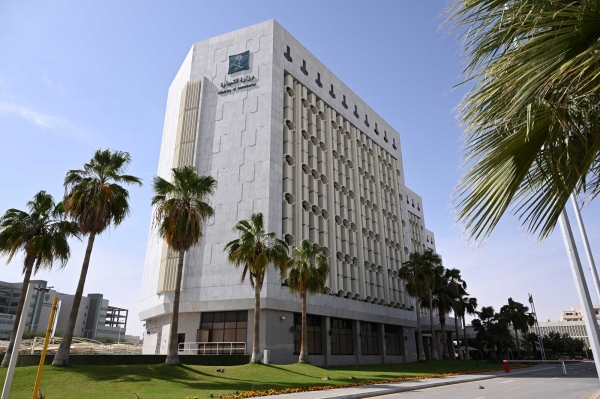

The Commercial Mortgage Law in the Kingdom of Saudi Arabia is a set of legal rules regulating commercial mortgage contracts in the Kingdom and explaining the obligations and conditions that fall on the parties to the commercial mortgage; both borrower and lender, and the methods that should be followed to preserve the mortgaged funds and investment methods, if possible.
Commercial Mortgage Law history in the Kingdom
The Commercial Mortgage Law was first issued in 2004. Then, the Commercial Mortgage Law was abrogated upon the issuance of a new law bearing the same name in 2018, which is in effect now.
The Implementing Regulations for the Commercial Mortgage Law were issued in 2018, consisting of forty-seven articles that address the details of commercial mortgage provisions.
Several articles of the Commercial Mortgage Law were amended on various dates, and other articles were written off. These include articles twenty-nine, thirty, and thirty-one, which were written off in 2019, and article thirty-three amended in 2019.
Characteristics of the Commercial Mortgage Law in the Kingdom
The Commercial Mortgage Law stood out for safeguarding the rights of parties to the commercial transaction when a mortgage is involved in the commercial agreement, as well as preserving the financial interests of financing entities when a mortgage is involved. The mortgage law’s uniqueness lies in the definition of terms within its provisions, aiming to eradicate confusion and prevent the exploitation of any ambiguities for illicit purposes.
The Commercial Mortgage Law aims to improve the credit market in the Kingdom by facilitating private sector companies’ collection of financing to leverage their operational assets.
The Commercial Mortgage Law aims to establish safeguards for lenders' rights to collection of their rights without delay from debtors. Additionally, it aims to streamline the process of reclaiming mortgaged funds in case of default by the borrower. Furthermore, the law endeavors to enable economic entities to leverage their assets by allowing them to mortgage their assets while concurrently deriving benefits from them.
Related quizzes
Related articles

